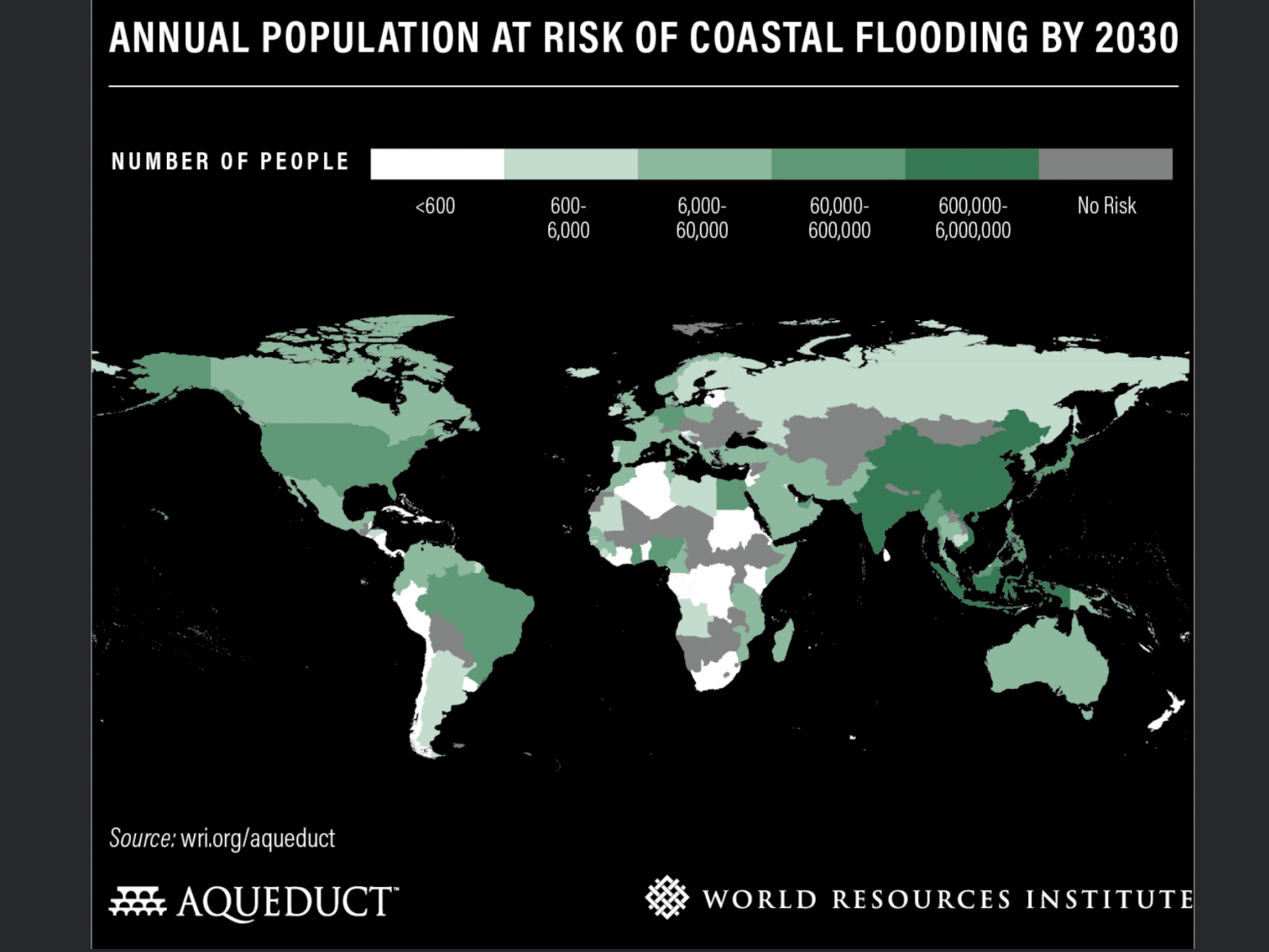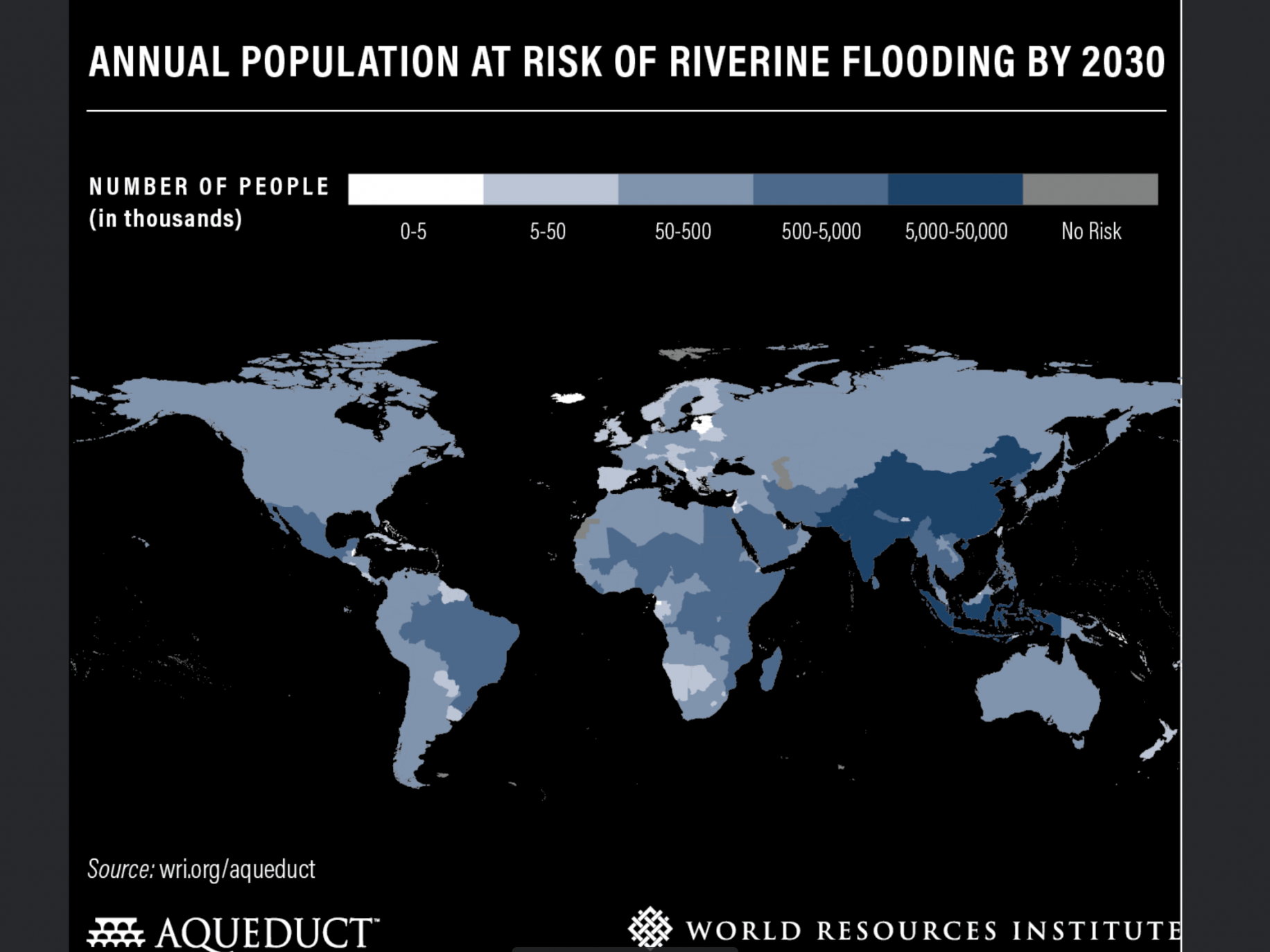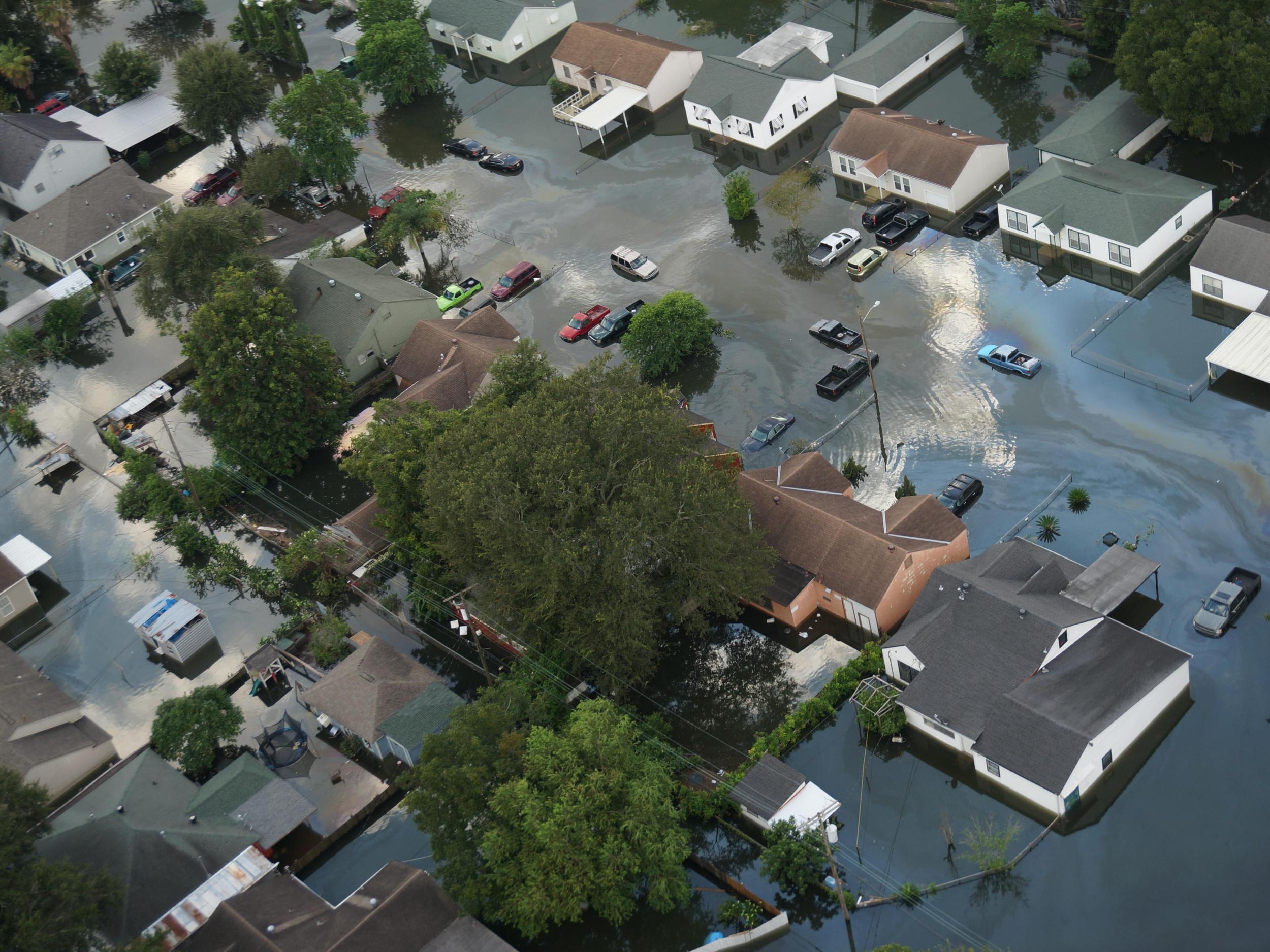Climate crisis: Flooding will affect double the number of people globally in ten years
The economic cost of the damage from coastal flooding is expected to be ten times greater by 2030, according to new analysis
Your support helps us to tell the story
From reproductive rights to climate change to Big Tech, The Independent is on the ground when the story is developing. Whether it's investigating the financials of Elon Musk's pro-Trump PAC or producing our latest documentary, 'The A Word', which shines a light on the American women fighting for reproductive rights, we know how important it is to parse out the facts from the messaging.
At such a critical moment in US history, we need reporters on the ground. Your donation allows us to keep sending journalists to speak to both sides of the story.
The Independent is trusted by Americans across the entire political spectrum. And unlike many other quality news outlets, we choose not to lock Americans out of our reporting and analysis with paywalls. We believe quality journalism should be available to everyone, paid for by those who can afford it.
Your support makes all the difference.Flooding will impact double the number of people around the world in ten years, a study has revealed.
New analysis by the World Resources Institute found that twice as many people will be affected by floods in 2030 compared to 2010.
The number of people at risk from riverine floods is expected to increase from 65m in 2010 to 132m in 2030, and the number under threat from coastal flooding from 7m to 15m.
Damage costs are also expected to surge with flooding already amounting to $1tn in losses in the past 40 years.
The economic cost is predicted to triple from $157bn to $535bn annually for urban property damaged by flooding from rivers and be ten times greater - going from $17bn to $177bn each year - for properties at risk from storm surges and sea-level rise along the coast.
Floods are an increasing threat to the stability of life in the US and around the world, in part due to extreme weather that is exacerbated by climate change.


Growing populations and an increased demand for housing is also an issue. After Hurricane Harvey hit Texas and Louisiana in 2017, one study found that 70% of home damage in the region caused by flooding was not covered by insurance, CNN reported. Standard policies didn't cover damage from rain or floodwaters and many homes affected were not believed to be in high-risk flood zones.
In Asia, the threat of flooding is even more extreme. In ten years, people in India, Bangladesh and Indonesia will account for 44% of the world’s population annually affected by riverine floods, and more than half of the populations will be affected by coastal floods.
Another factor increasing flood risks is the sinking of coastal cities which can in part be contributed to the overexploitation of groundwater, according to the study. This will put an extra 2m people in America at risk of coastal flooding in 2030.

“The United States is projected to see an additional $16 billion in flood damages to urban property annually by 2030, with $4 billion caused by subsidence. This is more subsidence-driven flood risk than any other country,” the report reads.
The US west coast is likely to be the most affected because of routine groundwater pumping to make up for scarce surface water supplies.
The report recommends preventative solutions to mitigate the risks, such as levees and dikes, along with a tool developed by the institute, Aqueduct Floods, which measures and maps flood risk around the world.
Building flood defences can also provide jobs. The proposed Green New Deal, for example, lays out a plan for well-paying jobs linked to creating a more sustainable infrastructure.
Betsy Otto, Director of WRI's Global Water Program, said: “Floods are a threat multiplier that could worsen the public health and economic impacts we’re seeing from Covid-19.
“At a time when countries are struggling with the impacts of the pandemic, natural disasters like flooding threaten the lives and livelihoods of people worldwide, especially vulnerable populations living in crowded urban dwellings. In crowded cities, flooding can overwhelm clean water and sanitation facilities and cause waterborne disease outbreaks. This will add to the misery already being caused by Covid-19.”

Join our commenting forum
Join thought-provoking conversations, follow other Independent readers and see their replies
Comments